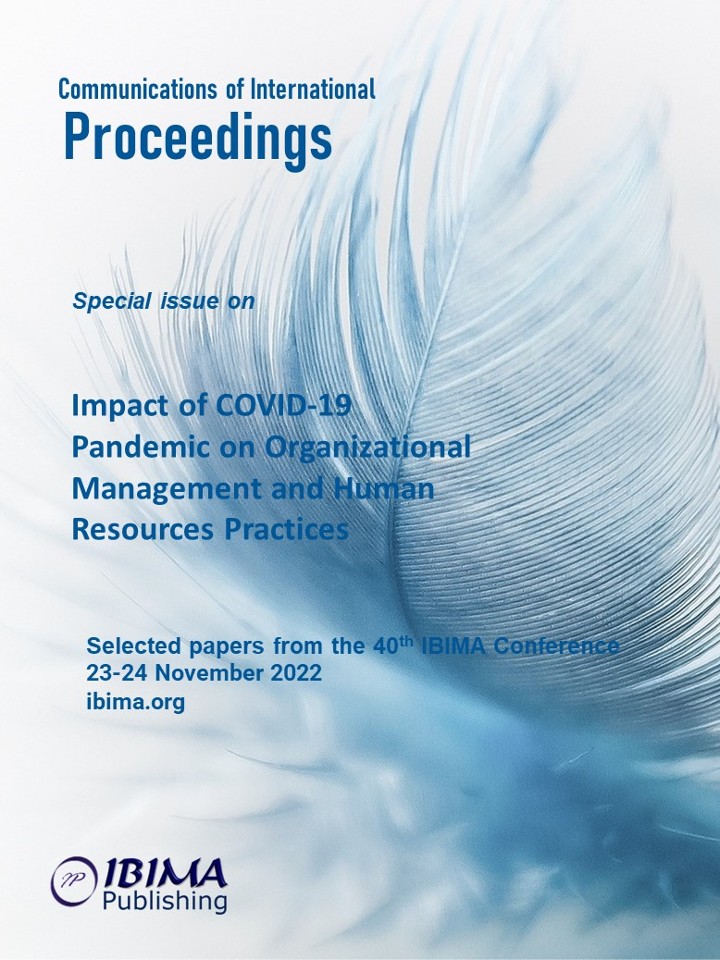
Wiktoria CZERNECKA
Poznan University of Technology, Faculty of Engineering Management, Division of Applied Ergonomics, Poznań, Poland,

In manufacturing companies, it is more and more often noticeable that a lot of attention is paid to shaping ergonomic working conditions, which translates into increased process efficiency, greater employee satisfaction and optimal adaptation of workstations to the capabilities of employees. Ergonomic interventions are carried out as individual interventions in work processes or are part of various types of projects, including pro-ergonomic projects, which assume the implementation of ergonomic measures at individual project stages. Proposals for new ergonomic solutions based on findings from such projects are presented on the basis of conclusions from the application of selected ergonomic assessment methods and carrying out activities based on known practices of ergonomic audits. An important element in undertaking such activities is the involvement of employees of the workstation assessed (through interviews and the use of the Participatory Ergonomics approach) and the creation of an advisory team supporting the assessment. This allows to ensure the reliability of the assessment and look at the ergonomic problems of the company from different perspectives. The Covid-19 pandemic caused various types of restrictions in the functioning of enterprises, including hindering contacts between employees, which is one of the basics of ergonomic interventions. This article presents observations on the implementation of ergonomic interventions in the era of the pandemic from the point of view of employees responsible for their implementation in several large Polish enterprises.